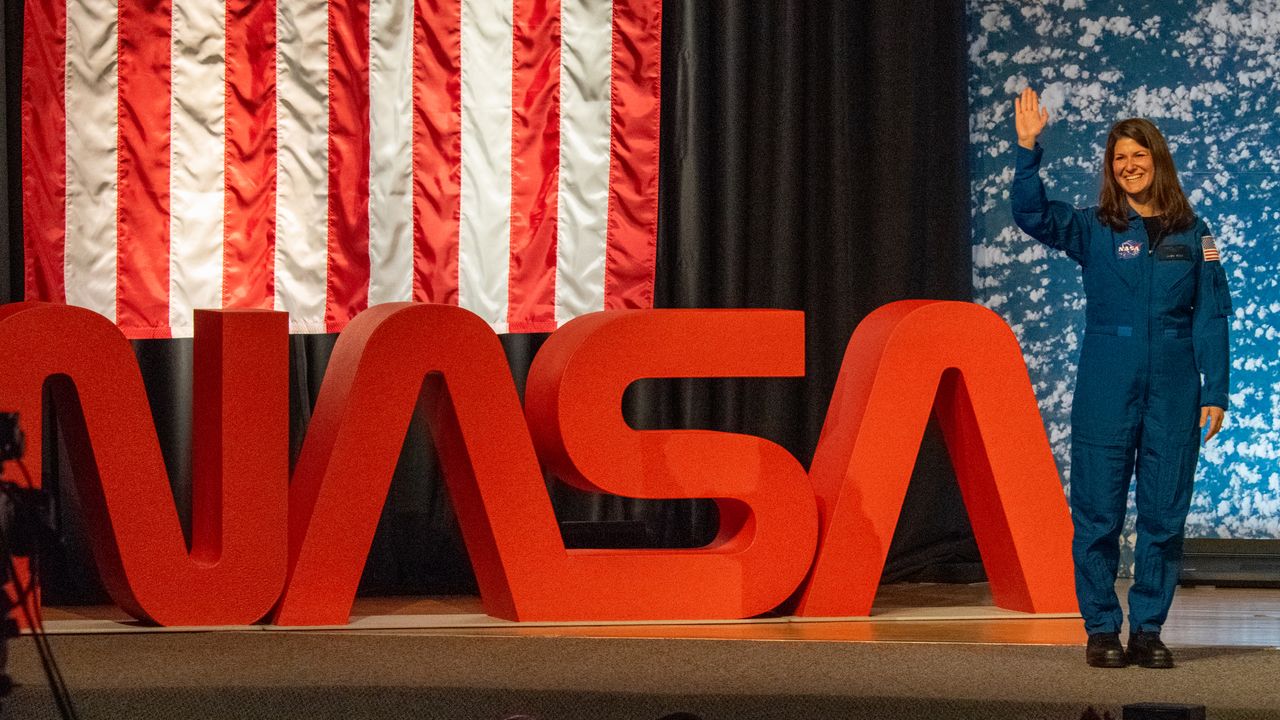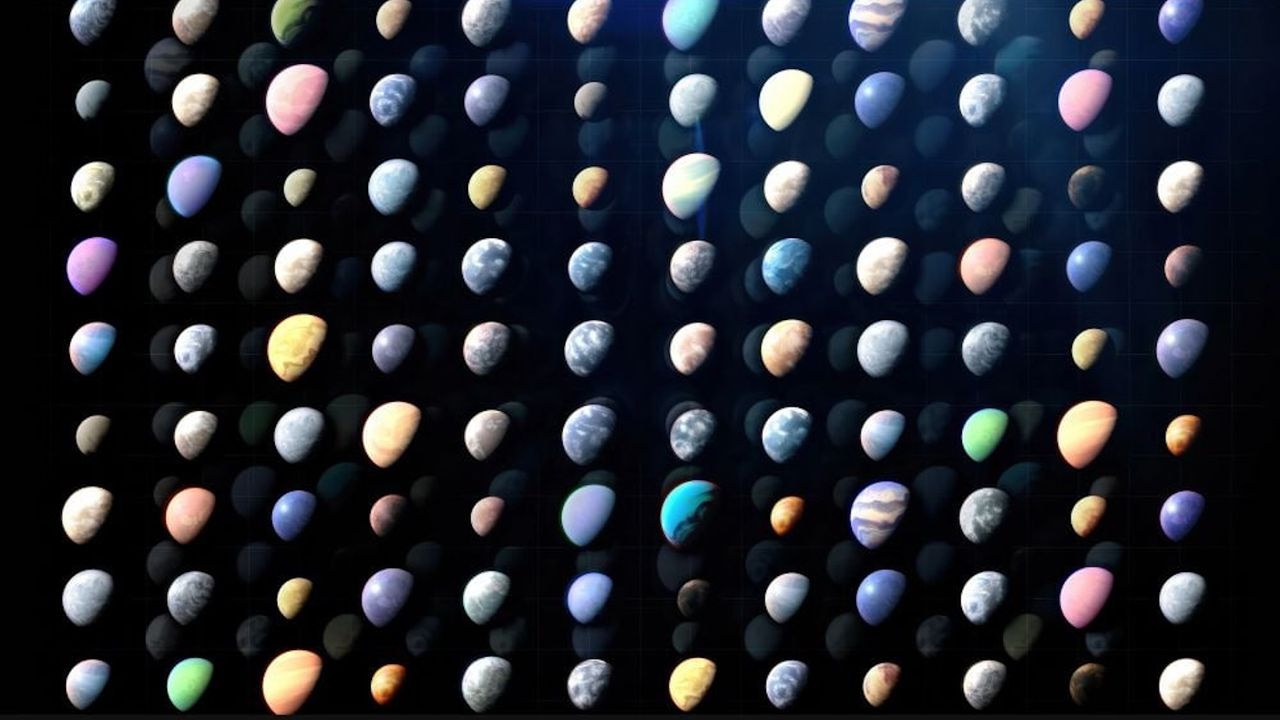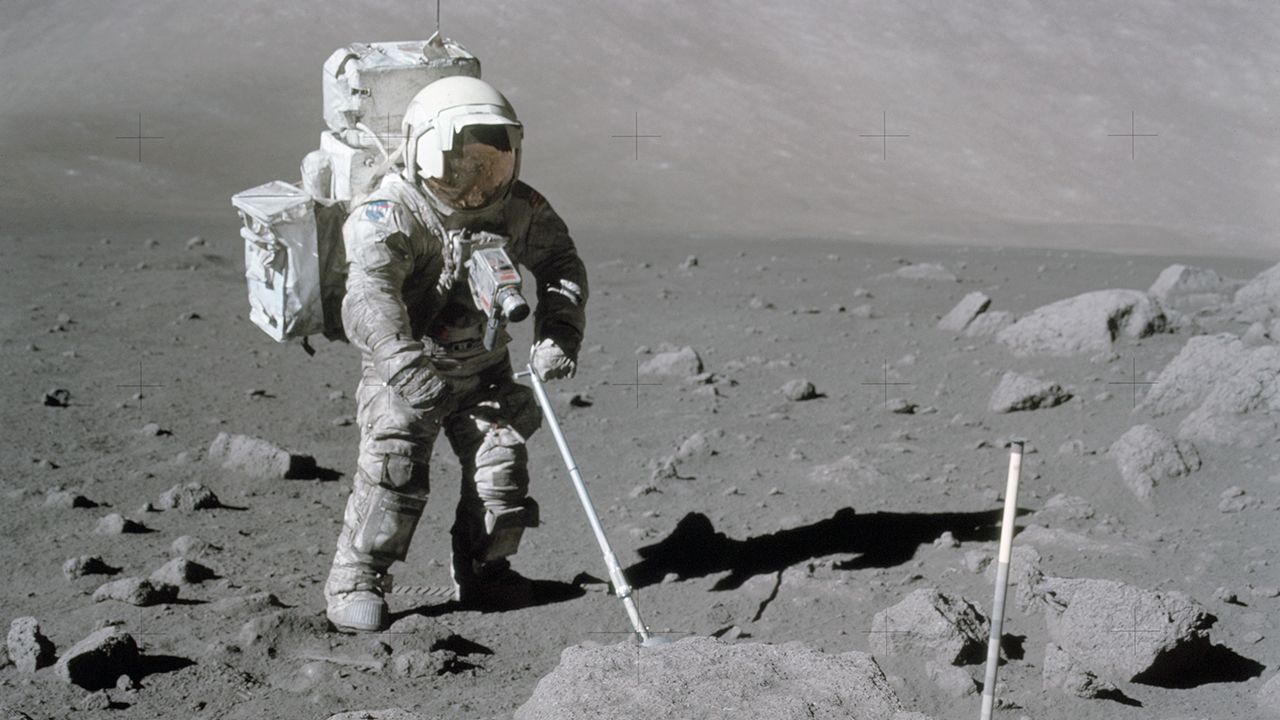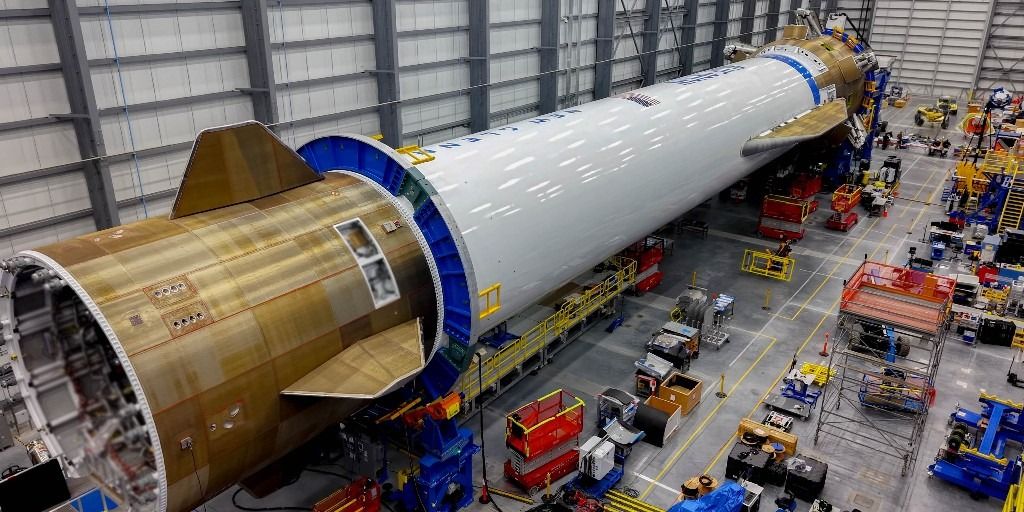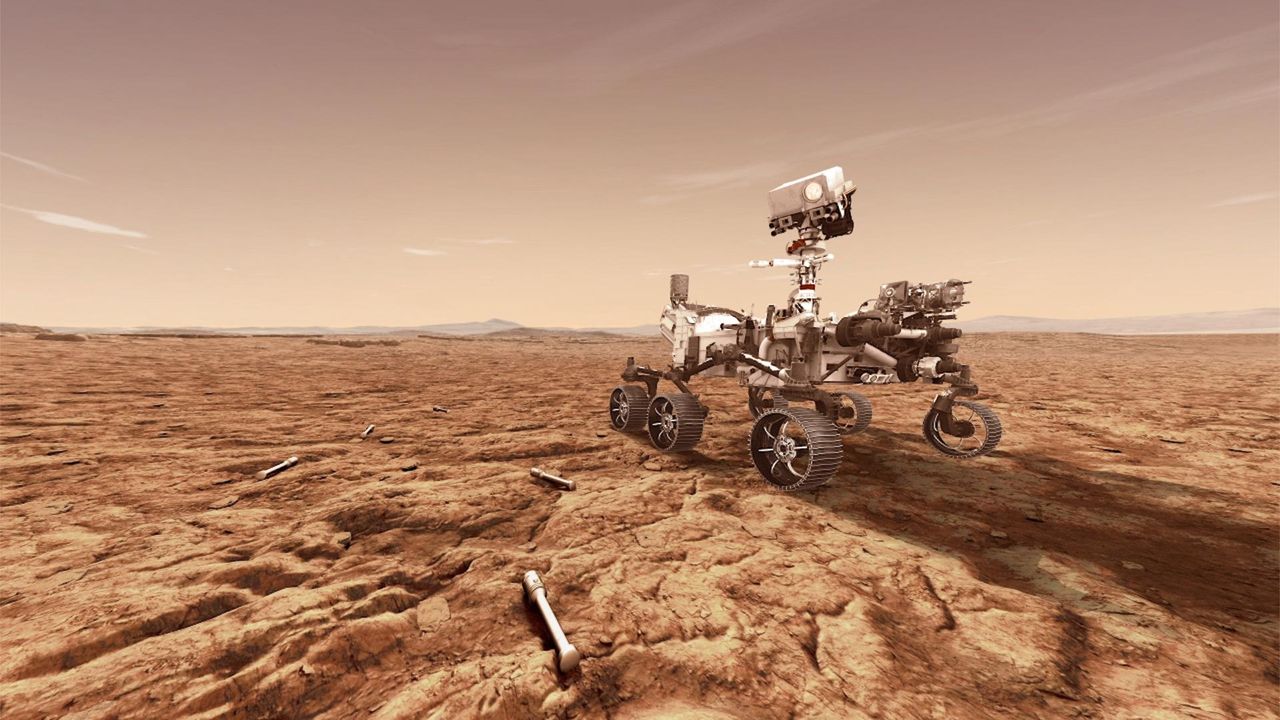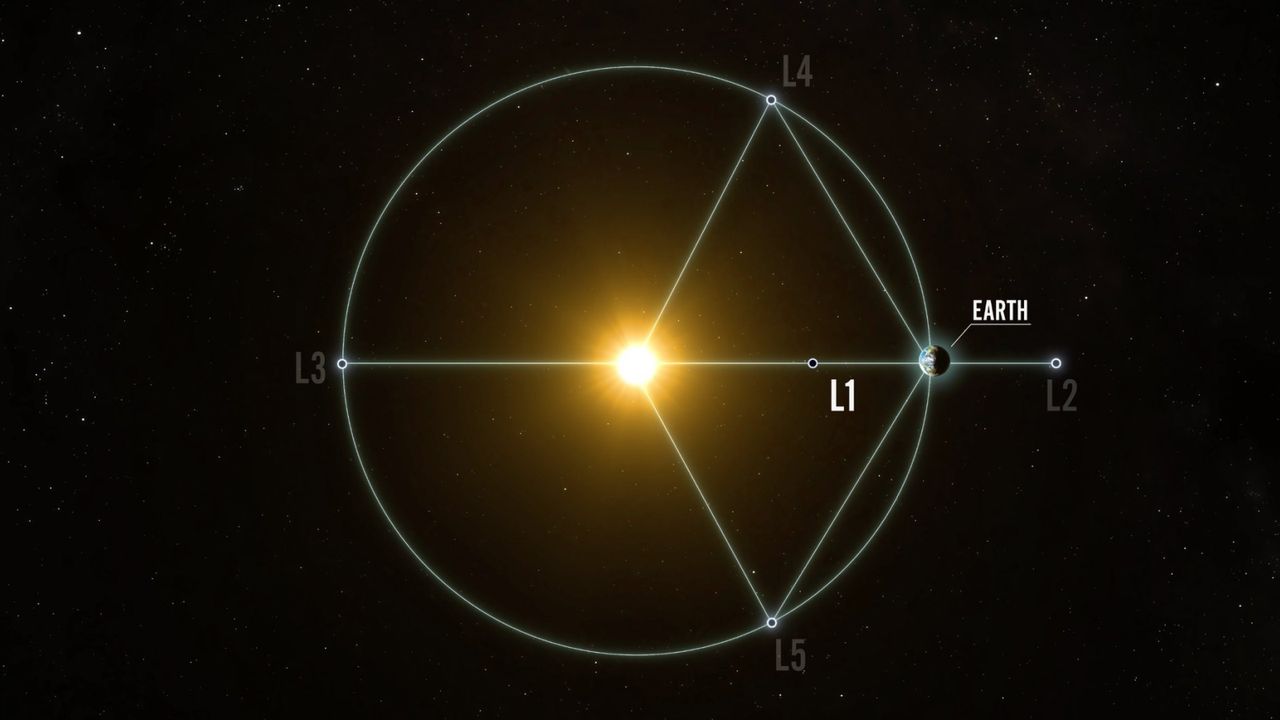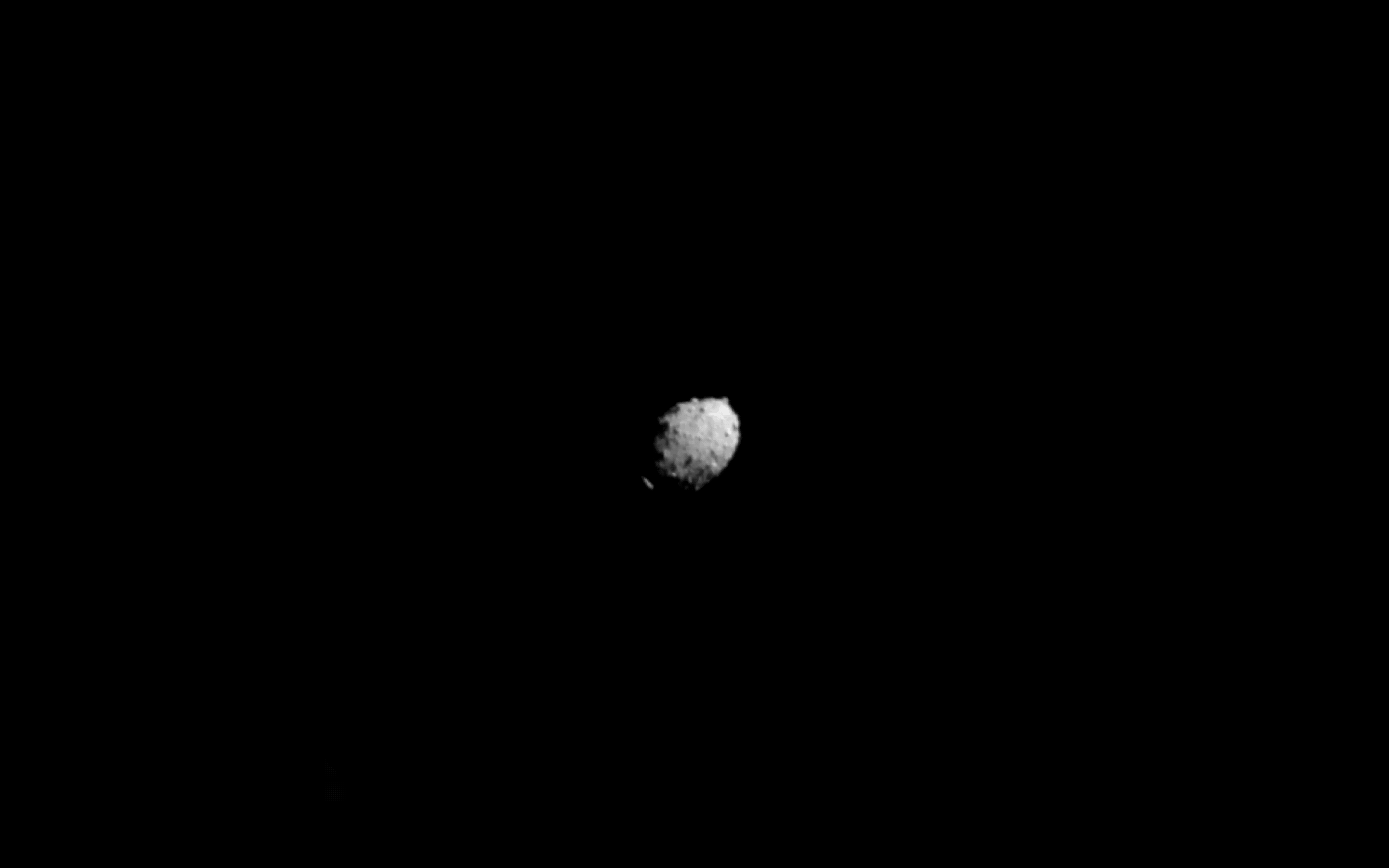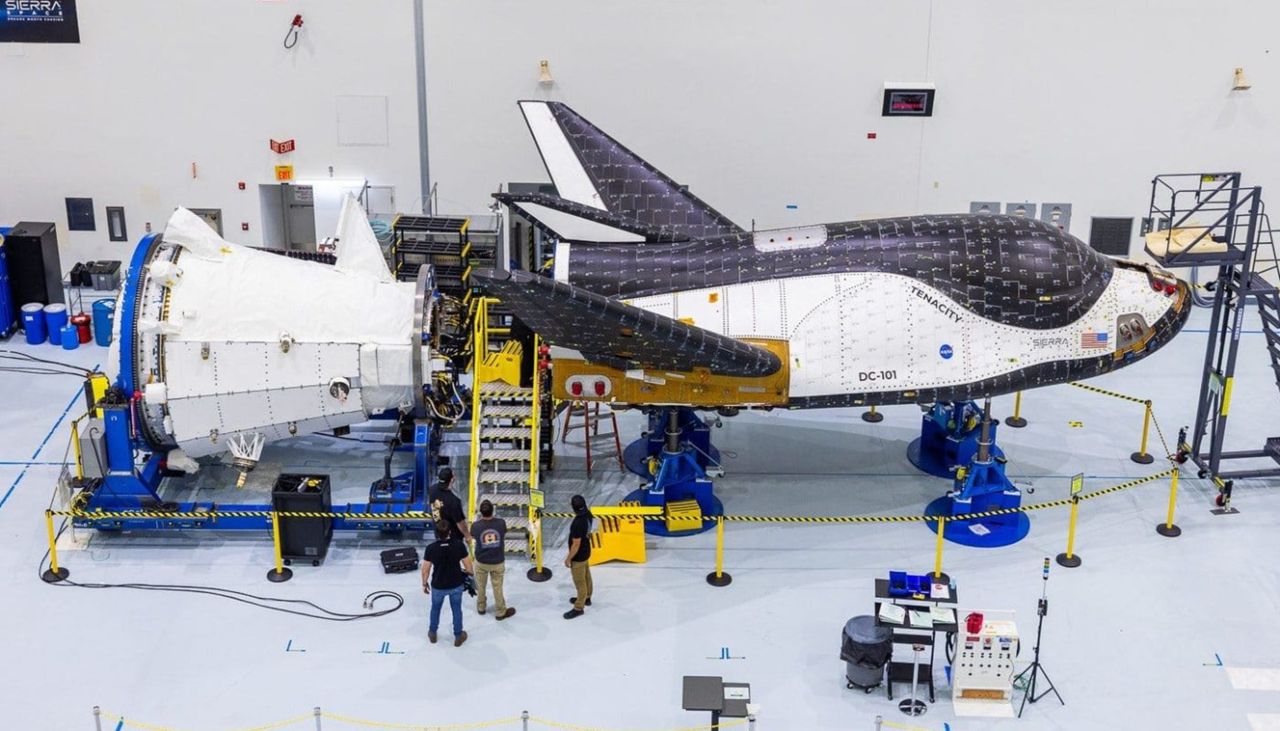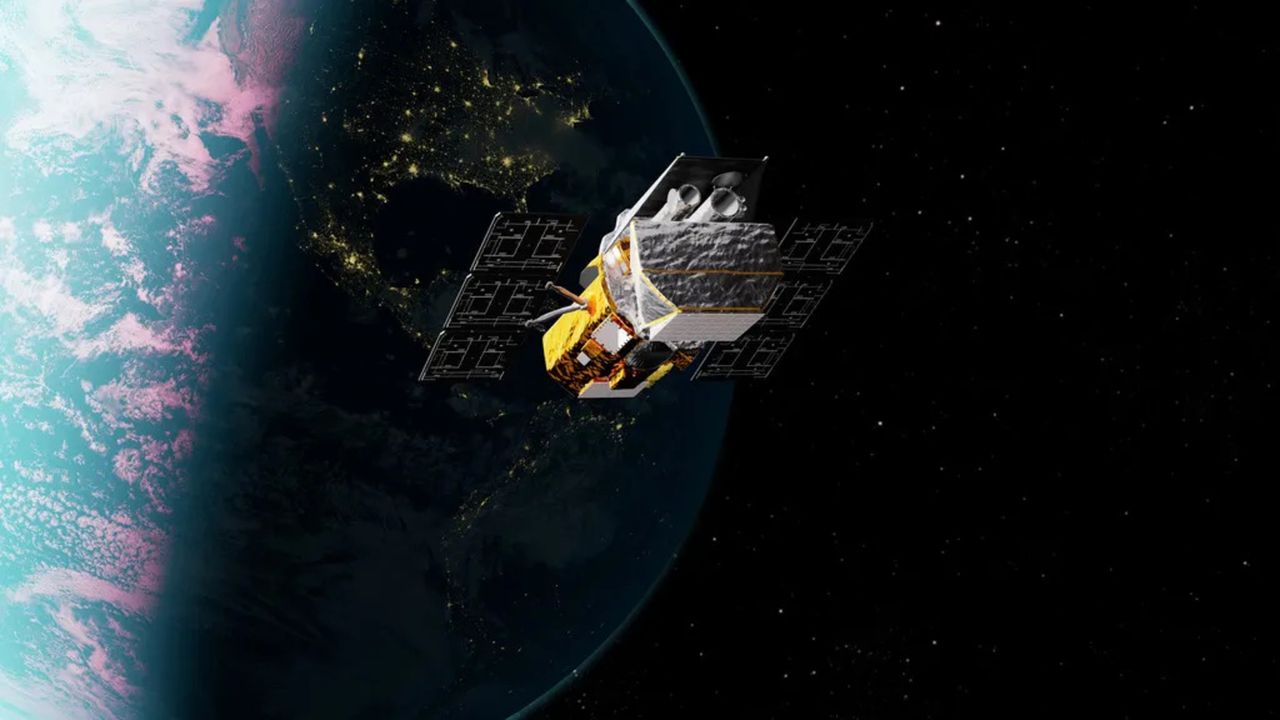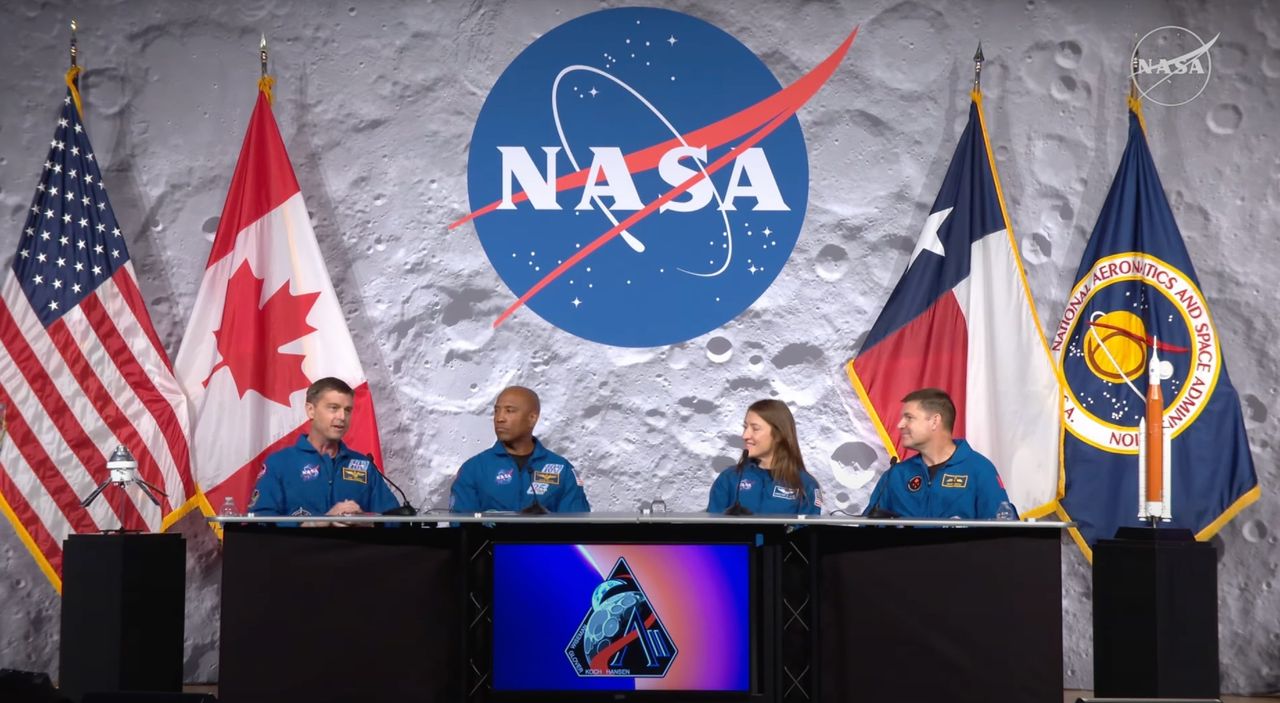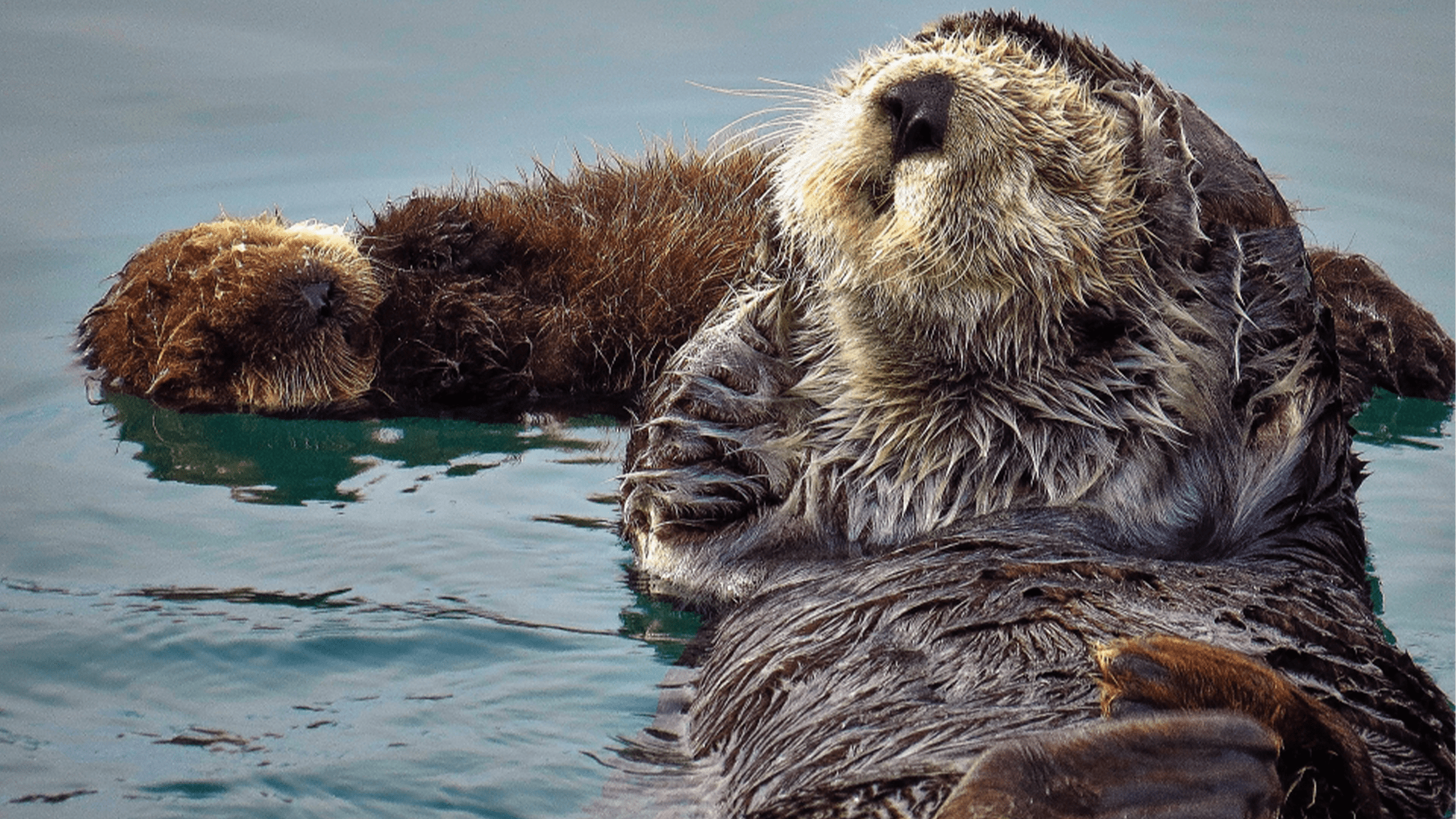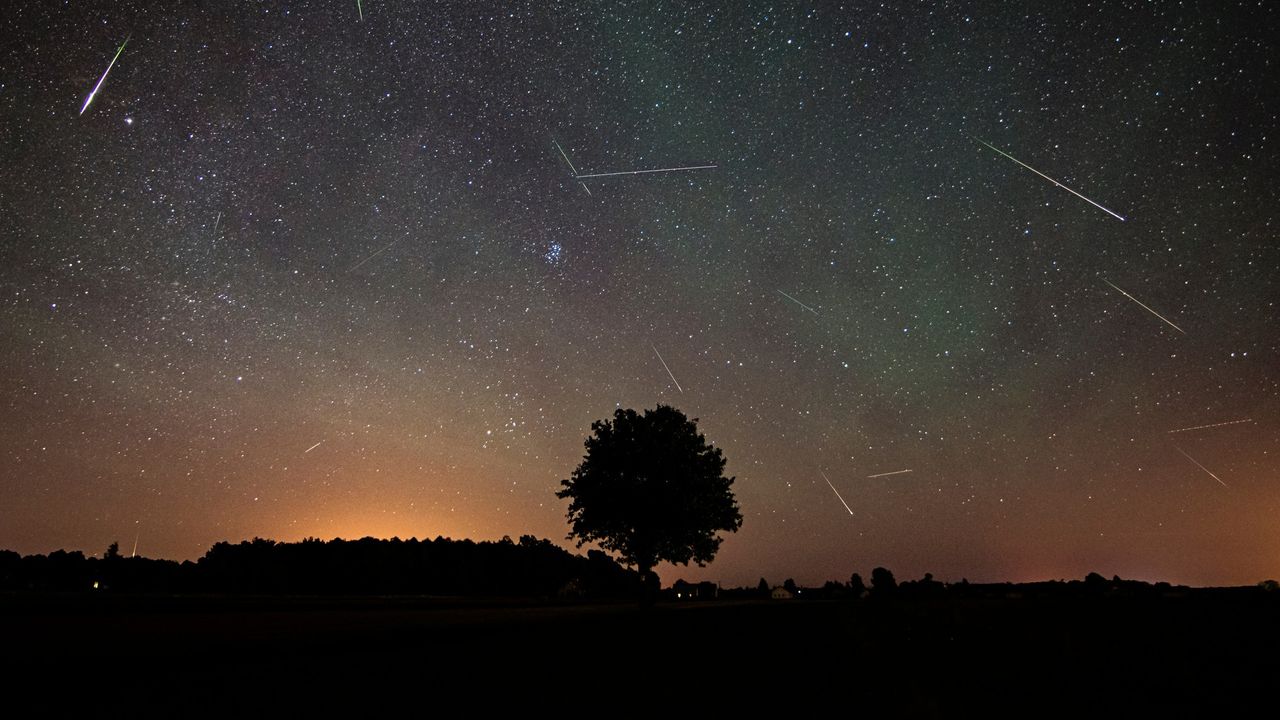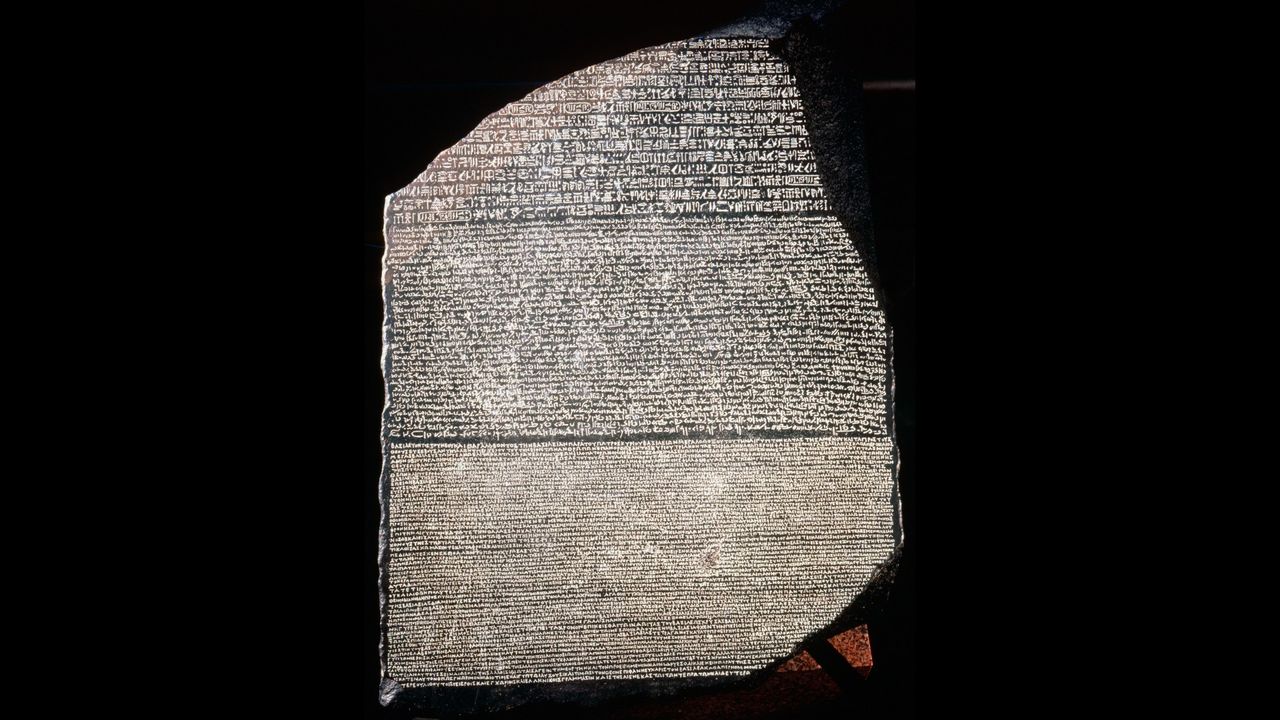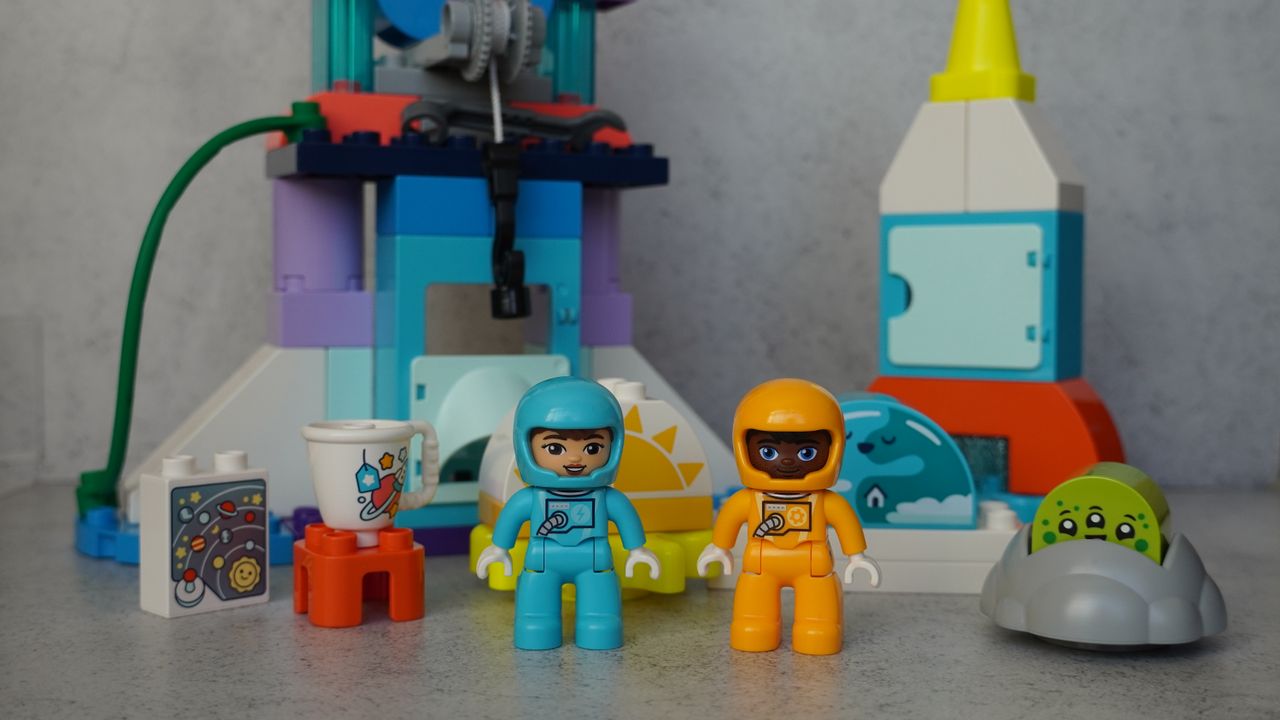This Week In Space podcast: Episode 179 — The New Crew of Artemis II
PositiveScience
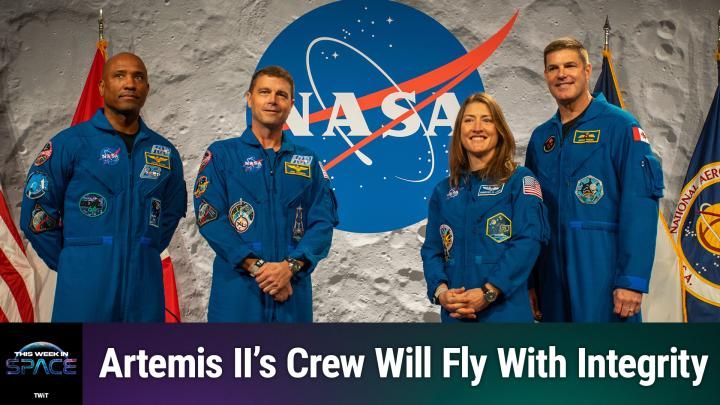
In the latest episode of This Week In Space, hosts Rod Pyle and Tariq Malik, along with guest Josh Dinner, dive into the exciting news about NASA's new class of astronauts and the upcoming Artemis II mission to the moon. This mission is significant as it marks a crucial step in humanity's return to lunar exploration, aiming to pave the way for future missions to Mars. The discussion highlights the importance of these astronauts in advancing space exploration and the technological innovations that will come from this endeavor.
— Curated by the World Pulse Now AI Editorial System
